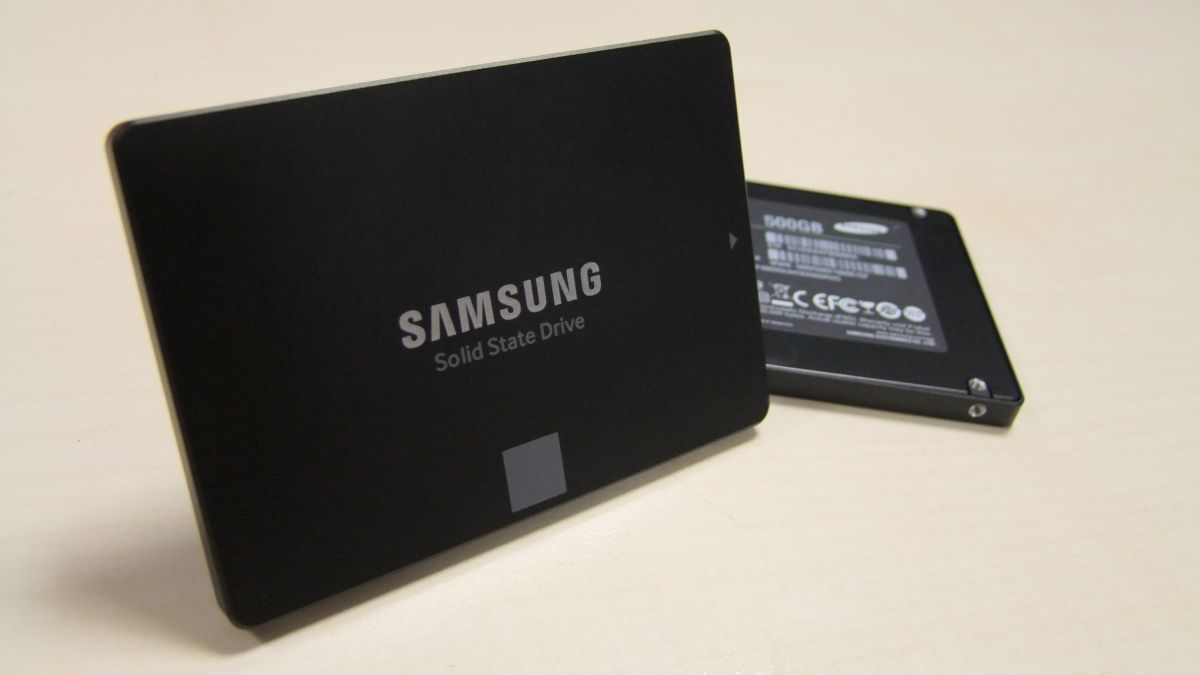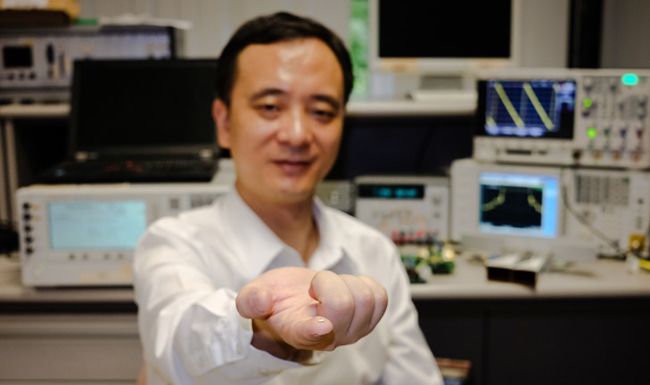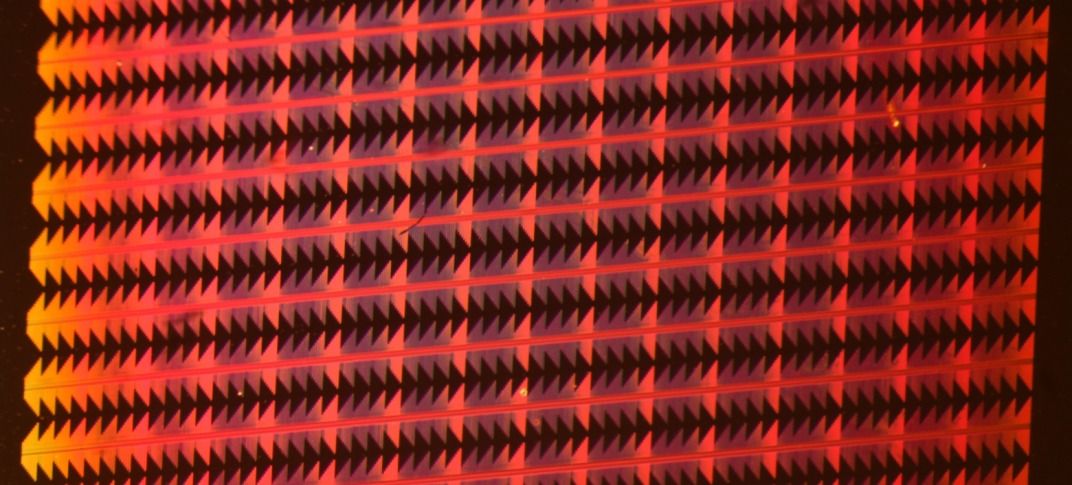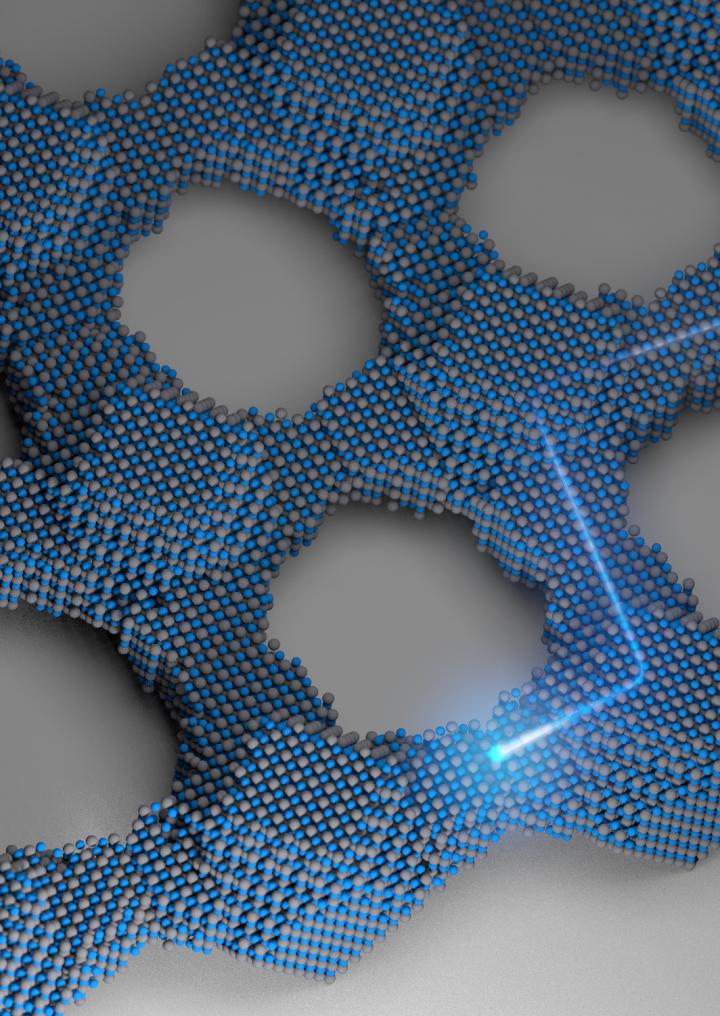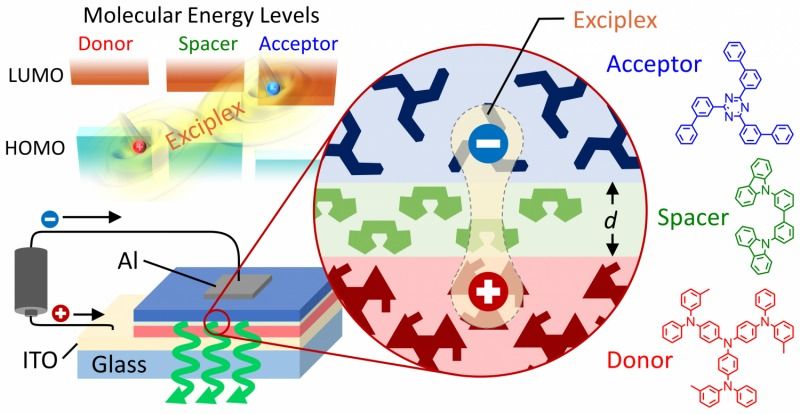Let’s just hypothesize a little on this topic: let’s say Apple goes ahead and gives in to the US Government and enables government to access the phone’s info. Does Apple have any protection in the future from lawsuits from it’s customers in situations where their own customers information is hacked by criminals and published to the world or used for illegal activities? Because I do see in the future more lawsuits coming at the tech companies for not ensuring their platforms and devices are un-hackable. So, if the government has its way; what protections does tech have now with any future lawsuits by consumers and other businesses?
His comments come during the ongoing legal battle over an iPhone used by Syed Farook, one of the individuals responsible for the San Bernardino, Calif. mass shooting December 2. “I don’t think requiring backdoors with encryption is either going to be an effective way to increase security or is really the right thing to do for just the direction that the world is going to”.
This is because First Amendment treats computer code as speech and according to Apple, meeting the demands of the government would be equivalent to “compelled speech and viewpoint discrimination”.
The Electronics Frontier Foundation (EFF) has said it will be filing an amicus brief in support of Apple with the courts.

